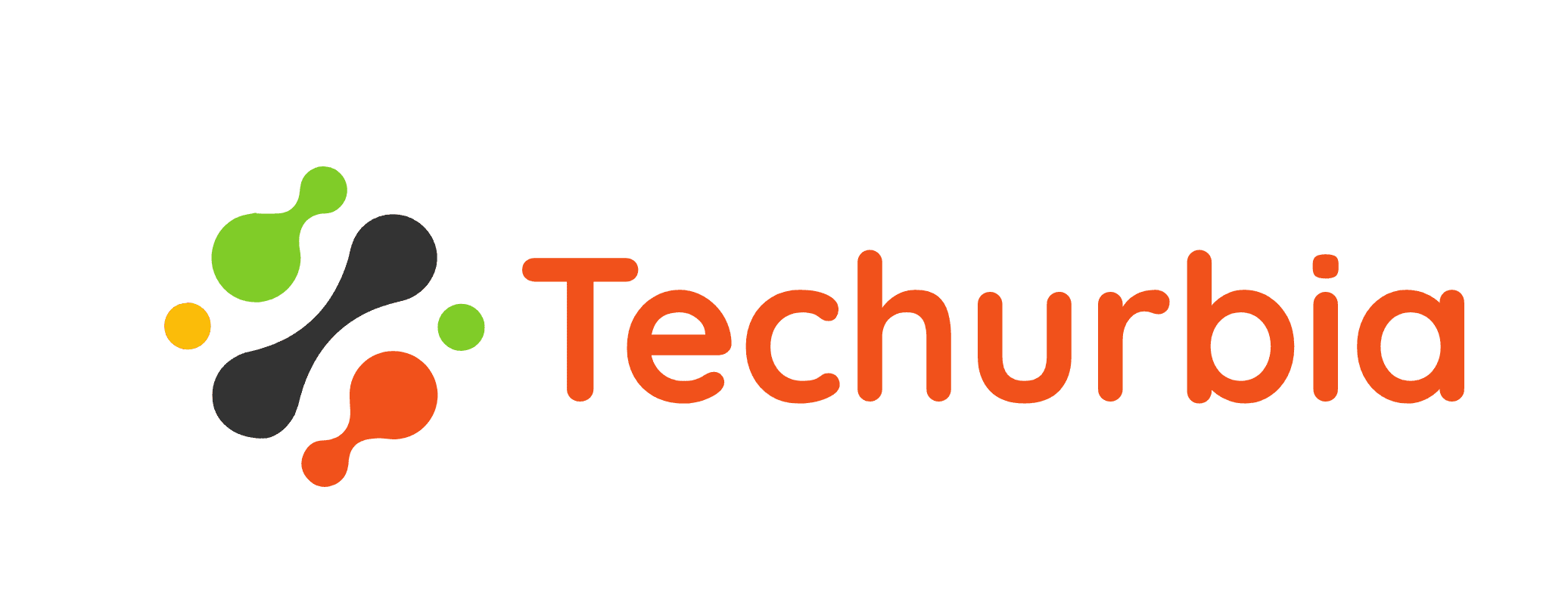Social media influencers wield immense power in shaping popular narratives, especially among marginalized groups. Unfortunately, many promote blockchain technology and cryptocurrencies to the black community without grasping the nuances themselves. Their hype trains encourage risky financial speculation while overlooking how blockchain could nourish communal resilience.
Influencers have routinely push digital coins as speculative assets and “get rich quick” schemes. In the past Rapper Soulja Boy is known to have shilled tokens on Twitter ( and Kim Kardashian has gotten into trouble for shilling on her platform as well ). Boxer Floyd Mayweather has promoted hype-driven altcoins, and even Shaquille O-Neal has had his fair share of woes connected to the FTX scandal. Their millions of followers are mostly left uneducated on blockchain’s technical complexities. However, the influencers hyping cryptocurrencies and blockchain likely had limited expertise themselves, and were just as uninformed as their followers.
Beyond pump-and-dump schemes, influencers rarely highlight blockchain’s potential as an emancipatory tool for black communities. The core value proposition of blockchain is decentralization – transferring control from powerful institutions to ordinary users. This allows black communities to build autonomous financial and governance systems.
Blockchain’s Peer-to-Peer Network Enables Community Control
Blockchain networks have no central authority. Transactions occur directly between users. This disintermediates financial gatekeepers who have long excluded black communities. By cutting out exploitative middlemen, blockchain reduces costs through transparent competition.
Communities can also democratically govern decentralized networks. Consensus mechanisms like proof-of-stake give users ownership and voting rights akin to shareholders. This enables cooperative oversight reflecting community values, not priorities of profit-seeking corporations.
Accessible Financial Services Without Systemic Discrimination
Blockchain further promises to expand financial access. Traditional banks perpetuate economic inequality through systemic discrimination in lending and services. But decentralized applications require no credit checks or paperwork. Users control funds directly with private keys.
Lower barriers to banking services give the unbanked an on-ramp to digital finance. Moreover, smart contracts executed on blockchains enable innovative structures like decentralized credit unions and lending pools. These create opportunities for communities left out of mainstream finance to prosper.
Preserving Wealth And Property Ownership Within Communities
Another blockchain use case is recording ownership of assets like land and housing. Historically, black Americans have seen property deeds and titles denied, altered, or destroyed. On an immutable blockchain ledger, such records would be permanently verifiable and community-managed.
This also applies to intangible property like copyrights, patents, and royalties. Recording intellectual property ownership on a blockchain keeps creativity and wealth within communities. Artists gain means to profit directly from their work without exploitation by intermediaries.
These examples only scratch the surface of blockchain’s transformative potential. Yet celebrities mindlessly shilling risky altcoins distract from blockchain’s deeper purpose – handing agency back to the margins.
Influencers Must Act More Responsibly, But So Must Social Media Platforms
Undoubtedly influencers should better educate themselves before endorsing blockchain projects, if at all. But social media platforms also bear responsibility. Their algorithms amplify influencer content based on engagement, not reliability or ethics. Outrageous shilling for sketchy coins often spreads widely while nuanced blockchain commentary remains siloed.
Platforms should adjust algorithms to recommend credible blockchain educators, not just influencers chasing clicks with hype. Quality creators focused on empowering marginalized groups deserve exposure. Platforms also need far stricter policies for disclosing paid crypto partnerships.
Most importantly, marginalized communities themselves should spearhead blockchain education and development. Seeking counsel from credentialed experts within the community is key. For example, Dr. Nicky Stevenson founded the Black Blockchain Institute to uplift black technologists and blockchain entrepreneurs. Initiatives like this deserve support.
Hope Beyond The Hype – How Blockchain Can Empower
In summary, influencers peddling blockchain rarely grasp its principles. Their promotions often dangerously mislead marginalized groups. But beyond the hype exists profound potential to build more equitable systems controlled by communities themselves.
This demands a more thoughtful approach. Social media must uplift credible blockchain voices, not just celebrities. And communities should lead learning about blockchain to meet local needs. The technology itself remains neutrally agnostic to its applications.
Though risks exist in blockchain’s nascency, its core vision aligns with black liberation – decentralizing power from the few to the many. With diligent study, marginalized peoples can reclaim their data, assets, creativity, and identity from exploitation. Blockchain is technological hope beyond the influencer hype.







